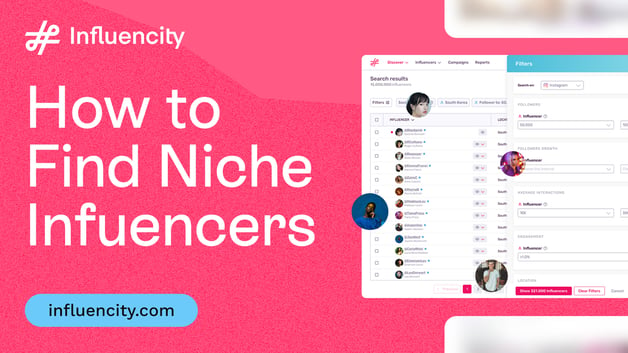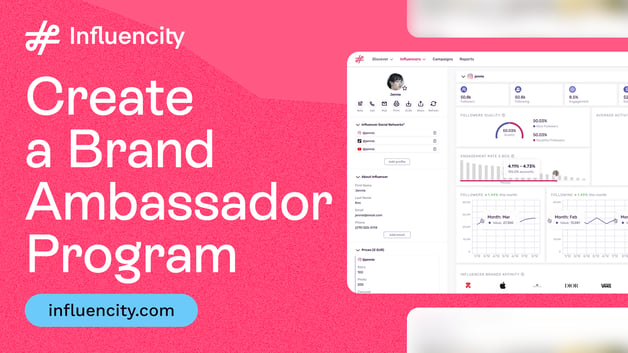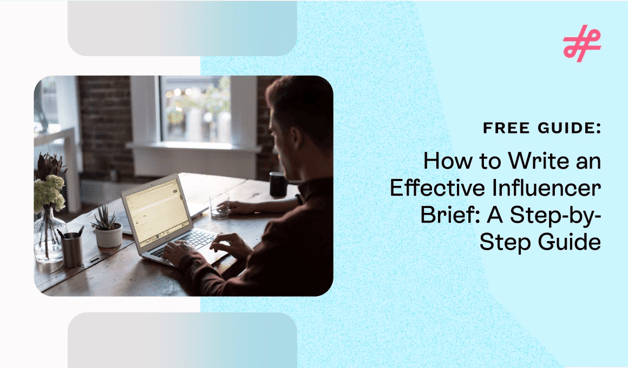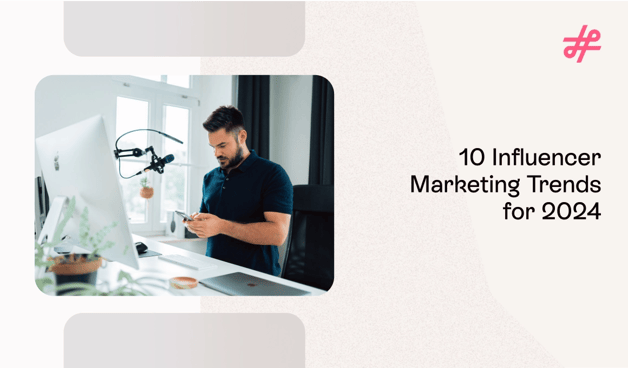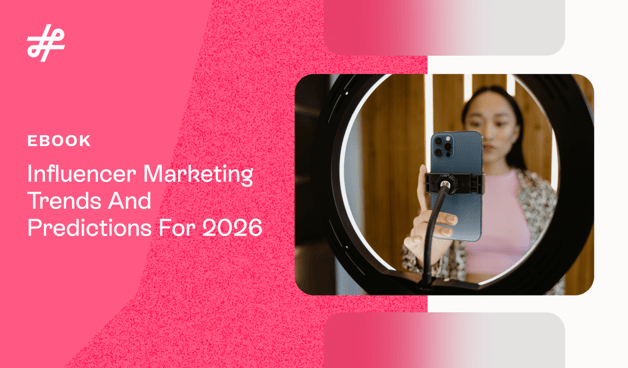Influencer marketing in the time of Coronavirus
With an eye on both economic and social changes in the time of Coronavirus, we are now realizing we are facing the beginning of a great global change, and even though social distancing and confinement are completely necessary to protect society, it is important to see the opportunities this is giving us from a positive perspective.
At the moment, traffic in social networks like Twitter, Facebook, Instagram or Linkedin has grown. This indicates they have become an essential medium and not only because being at home is the only way of socializing, but also because we can share messages, and entertain or raise awareness with them.
Society’s behaviour has changed, and because of social distancing messaging apps’, such as Whatsapp and Messenger, usage has increased 70% over the last month. On the other hand, social networks like Instagram keep society connected through their live streams just like Facebook Live. Both platforms have doubled their visits in just one week.
The key is reinventing
Due to this situation, we can see March publications’ interactions and engagement ratios have notably increased compared to February’s. Nevertheless, according to our analyzed data, we see how 80% of influencer marketing campaigns have been postponed, paused or cancelled in March, being hostelry and tourism the most affected sectors, and so we can see this in bars and restaurants closing. Furthermore, 90% of flights have been cancelled, hotels that usually have a 100% occupancy rate during March and April have been forced to close. All this is meaning an unprecedented deterrent.
Despite this economic hibernation, advertising has found a way to keep growing: influencers.
Influencers’ careers are based on their relationship with brands so, because of this situation, Influencity thinks the solutions relays on adapting to changes to get the bright side of this chaos.
It is time to reinvent, it is important to create both entertaining and solidary content, being able to promote goods and services that are most demanded by society at the moment. Regarding businesses, not all sectors have been affected by Covid-19, in fact, numerous have experienced an increase in their demand, for instance, delivering services or pharmacies. E-commerce like AliExpress, have been able to adapt to these times; in fact, during the last days of March, they celebrated their 10th anniversary offering big discounts. Brands like Coca-Cola, Volkswagen, Mercedes Benz or Audi have modified their logos to help fight this pandemic and raise awareness between citizens about social distancing, reducing the non-essential contact with others. For instance, Audi posted a message along with a video in which their four classic rings separated from each other under the title: “Keep distance”
Influencity has also adjusted to these new changes and has contributed with the initiative #YoMeQuedoContigo. With this message, we have connected small businesses with influencers so the latter can give visibility in solidarity to small commerces and PYMES that are offering their services for free during confinement.
Influencers’ role during confinement
Influencer marketing is showing, during this crisis, how powerful it is if it is well managed and with a big strategy. Its success relays on influencers being a window that shows normality under the new circumstances and that allows keeping showing branded content even with reduced budgets.
Influencers, from their houses and following sanitary protocols, have changed their ways of communicating, showing and prescribing about a brand. Thus, through them, we can now reach millions of confined people.
As a matter of fact, Spanish Ministry of Health got in touch with several influencers, such as Dulceida, to ask them to participate raising awareness between the younger about the importance of staying at home using the hashtag #QuedateEnCasa.


Image by Influencity in which Dulceida’s post main KPIs are analyzed.
How can brands face Covid-19?
The first thing to do is think about people’s necessities, consumers now want digital content and most youngs are trusting their current free time to influencers. They have the ability to entertain their audience during their free time.
Our clients, who during the time of Coroanavirus need to adjust and optimize their budget, using our tool can find more specific profiles depending on their target audience. This way they can get the most out of their campaign obtaining the best results.
The best way to act, now that we are more digitally connected than ever, is to create quality and trustful content that relates to our audience. We are now finding a great number of fake news on social media, this is why when doing an influencer campaign it is important to work with those who have a good followers quality, who don’t buy bots and with quality content that has a value for society. Influencity, in this way has the power to find quality influencers so that fake news or bad messages are stopped.
Influencity’s metric that analyzes the quality of a profile’s followers and divides the audience into doubtful followers (bots, fake followers, inactive profiles…) and nice followers (active followers that interact with the influencers). The world average for fake followers on Instagram is about 8%.
While consumers’ behaviours are rapidly changing, marketing specialists are focusing on changing the ways of communication and adjusting strategies to the current situation. People’s trust is the most important thing at the moment, as well as the word solidarity. It is time for influencer marketing campaigns to include some sort of social actions.
Some examples of brands or influencers who have well adjusted to the current situation are:
- Rexona under the slogan “Rexona no te abandona…ni durante la contingencia por el coronavirus” (Rexona won’t let you down… not even during coronavirus contingency) in Argentina. During the sanitary crisis, this personal hygiene brand have invested their marketing budget into a communication strategy focused on their consumers’ health. Through live streams on the brand’s Facebook and Instagram profiles, a group of influencers are offering workout routines their followers can do at home to keep them active during confinement.

- In Italy, Chiara Ferragni has put an effort to fight the pandemic. She has raised over 4 million dollars in her country. She has been focusing her content on her life during the quarantine.

- American cookies brand, Oreo, has also joined the initiatives that have been impulsed in the time of Coronavirus and has implemented a campaign that follows another one they ran in 2019. The one they have just launched last year is focused on the desire to do something fun for all ages and supports the idea of staying home by being a fun partner during confinement time. The campaign “Stay Home. Stay Playful” includes a challenge on Tiktok to be more active with their followers, in which people have to shoot videos with Oreo cookies.

- Before Covid-19 was at the highest peak in Europe, the Israeli influencer Nicol Raidman was already adapting her looks to coronavirus. She went to Paris fashion shows with Chanel accessories (a mask among others) and wrote “Nothing and never is gonna stop us! We will continue life and we will enjoy every moment!”.

After this analysis, we can have several conclusions: we should invest in influencer marketing campaigns to create content that both entertains and raises awareness. Elaborate branding strategies because confinement doesn’t let any other ways of advertising. Other strategies that brands with e-commerce or apps are running are performance campaigns, because through the contents you generate distraction and entertainment but also achieve product’s consumption.
From Influencity we help brands to obtain better results in their strategies relying on our tool, in which they can filter searches by interests so they find the perfect quality influencers that can share a trustworthy message. Furthermore, they can analyze these influencers’ KPIs and have the ability to estimate the campaign’s results in real-time.
Now more than ever and in the time of Coronavirus, social media should be a reliable source of precise, educative, entertaining and full of positivism information.
Tags:



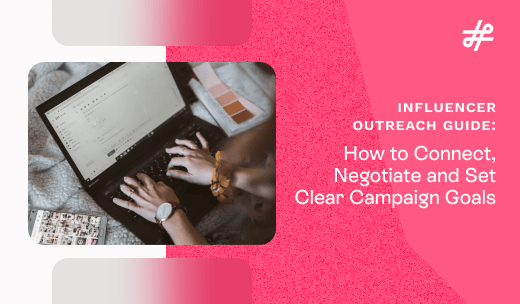
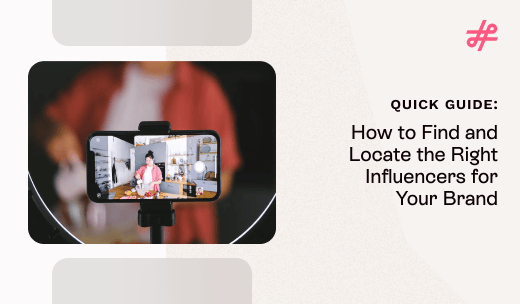


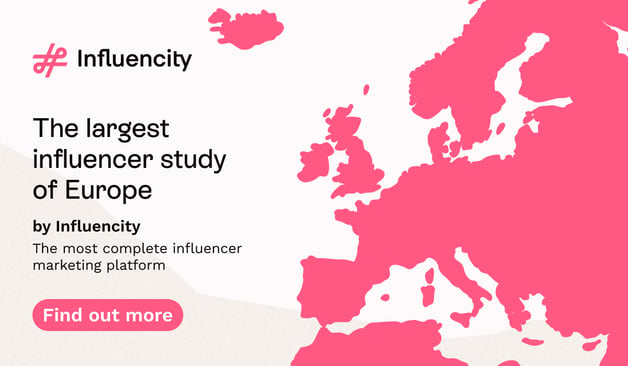

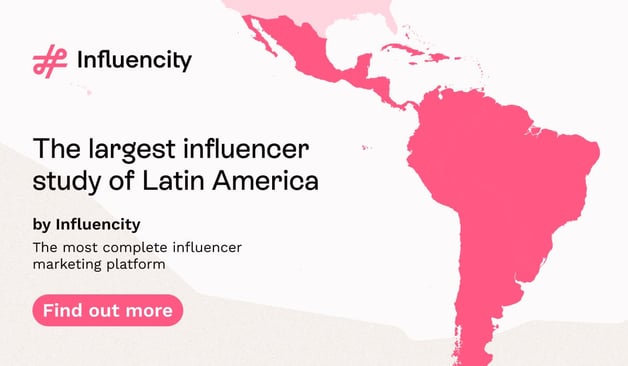


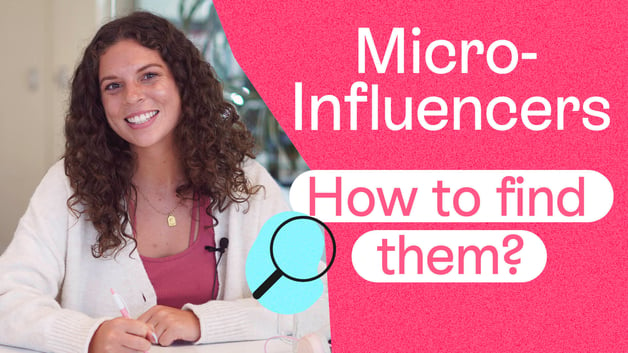


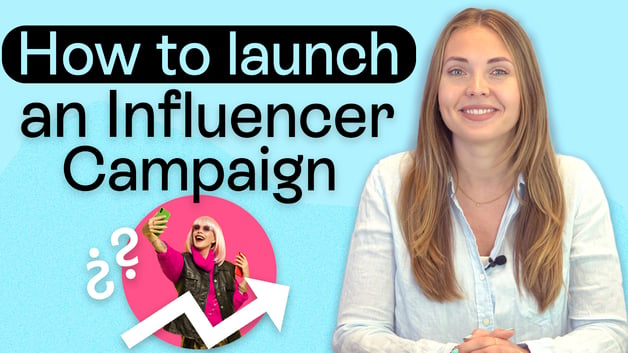

%20and%20How%20Can%20They%20Benefit%20Your%20Brand%20article.jpg?length=628&name=What%20Are%20Key%20Opinion%20Leaders%20(KOL)%20and%20How%20Can%20They%20Benefit%20Your%20Brand%20article.jpg)
